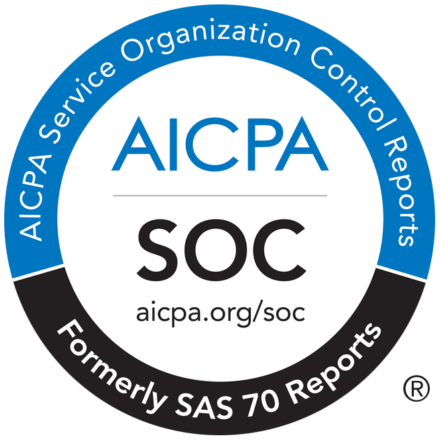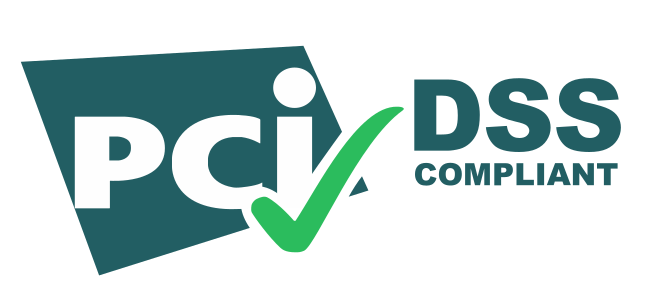Being able to do quick and reliable research is a very important skill. It will come in handy on many occasions throughout your life regardless of your background or occupation.
And with the knowledge of the entire world readily accessible via your pocket device, it’s easier to obtain the information you need than ever before. But there are certain pitfalls you’ll have to watch out for.
Plagiarism is a big problem today, especially among students. With the sheer amount of data that is available, it’s easy to be tempted by the path of least resistance and just borrow the fruits of someone else’s work.
But if your goal is to do some real research, plagiarism just won’t do. You have to bring some new ideas forth in your paper, however hard that may be.
Professional Writers
Discovering something new can be as challenging as it is rewarding. But sometimes you just don’t have the time or the will to go the extra mile. And that credit still needs getting.
When everything else fails, and you desperately need to succeed, getting help from a third party might be the solution for you, such as Essaypro.
While you wait for your paper to be done, you can spend the time you have productively. Take care of any other assignments, clear up the deadlines for the nearest future. Or maybe just take some rest and regroup if you’re feeling overworked and stressed.
It’s more of a last resort thing. But it’s a very useful tool nonetheless, and you shouldn’t hesitate to use some external help if you really need it.
Learn, Forget, Remember
There are many ways to detect plagiarism. Copyleaks Plagiarism Checker is just one of many, many others that can or, more likely, will be used during the assessment of your paper. Yet, it’s one of the most effective ones. It’s a system that determines if something is plagiarized based on a very strict set of qualifiers.
Still, the truth is, doing any sort of research without basing it on previous work is impossible. So when it comes to the plagiarism tests, the main question is, “How did you present the borrowed work” instead of “Did you use it at all.”
It’s a matter of following a set of very simple guidelines to make sure you’re in the clear:
- Learn about the subject;
- Forget about the subject;
- Write down what you remember;
- Give credits for any direct quotes.
Plagiarism detection software goes off wording. What you’re trying to do by studying up and then letting it fade away in your memory a bit is capturing the substance instead of precise sentences.
Instead of copying an article word for word, try recreating your personal understanding of it. The substance will remain the same; the wording will change. And that’s all you need.
What’s Not Enough
The exact wording is not all that can get you flagged down for plagiarism. The software is getting more advanced by the year.
Simply shuffling the words in a sentence around may not work. Advanced detectors can nail for things like sentence restructuring as easily as for direct quoting. Switching out words for those with similar meaning without changing the sentence itself will trigger it as well.
The program is looking for technical aspects, and it’s very good at it. The only thing it can’t reliably detect is the overall idea behind the sentence. So be creative with your wording.
Playing the system may take some extra effort, but it’s certainly doable. And after you take care of the formal requirements, you can go ahead and invest in actual research.
Real Solutions to Real Problems
More serious in-depth research will require more effort from you. It’s not actual research unless you create brand new answers, even if they are old questions.
Finding these brand new answers can be quite a challenge. Most problems have already been solved; the rest are too complex to be addressed in a timely manner. At least that’s what it seems like.
In reality, there are many niches that are in need of progress. They are generally highly specialized, but there still is much to find.
Finding your niche is half the job done when it comes to research. What you want to do is detect and clearly define a problem that you’re setting out to solve in your work. The main purpose of your paper should be obvious.
Finding a white spot on a map of science is good. Being excited about having to dwell on one is even better. Picking a subject you are passionate about will help you quite a bit.
If you feel tired even thinking about your topic of choice, you should probably look for something else. An ideal subject is the one you can go on about for hours without ever getting bored.
Citing With Style
Okay, but what about quotes and citations? These are the main points of interest for many students and researchers. Taking sentences word for word will definitely trigger the plagiarism detection software.
Yet in some cases, you just can’t do without them. In that case, it’s very important to properly cite your school paper by sourcing the part of the text you’re taking from another work.
First of all, don’t go overboard with quotes. They are there to serve as pins to merely support the main idea of your paper. Make them as scarce as possible.
In fact, if you can do without direct citation, it’s probably best to cut it altogether. But if you do end up using it for whatever reason, make sure to give credit to the original author.
Check Everything
This goes for pretty much any part of your work. Plagiarism is not an exception. You can be the most honest person in the whole world. But assuming your work won’t trigger plagiarism detection software just due to the power of your virtue is definitely a mistake that might backfire horribly. Any program can make mistakes. It’s better to be on a safer side and take precautions.
Don’t get too worried about all the different kinds of software out there. Just pick the one or two you like best and go with them. While those assessing your work might use a different plagiarism detector, they all do the same thing. The results shouldn’t be too far off.
Know the Boundaries
It’s a rather sad reality, but nowadays, technical requirements are often far more important than the substance of your research paper. That’s why you should take your time and learn the rules of the game before you go on and play it. Make sure you have a full list of requirements on your hands and do your best to double-check your work follows them.
You can skirt the line here and there, but there are certain places where you definitely don’t want to test the limits of what’s allowed. Therefore, it is important to know what not to plagiarize. And this goes for things beyond regular research. Things like job applications or editorial debuts are the perfect examples. So if you’re going to cut some corners, make absolutely sure you can get away with it first.
Final Thoughts
Plagiarism software simply ensures that you haven’t cut any corners. It’s easy to stay clear of the danger zone provided you know what you’re doing. But what you absolutely don’t want to do is to become afraid of using other’s work as a foundation for your research. Ideas are naturally branching off one another, and it’s nothing to be ashamed of.

